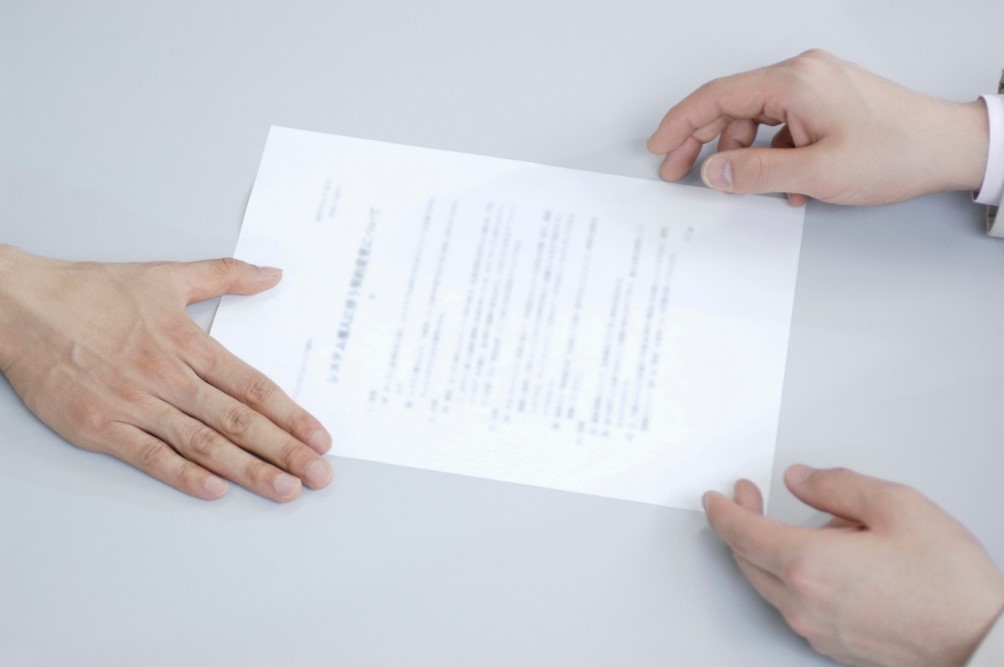Trust and estate wills are legally binding documents. However, in some instances, individuals can contest them with the help of trust attorneys.
But in what cases is challenging a will called for?
In this article, we’ll discuss common reasons why someone would contest a trust or estate will.
Lack of Testamentary Capacity
Perhaps the most common reason people challenge a will is that the individual who made the will (testator) wasn’t in the right mental capacity when they created it. For instance, they didn’t fully understand the amount of wealth or estate they were initially willing to give away.
In other cases, the testator may have been too old or young to reasonably contemplate which heirs to give their assets. Moreover, they could have had some sort of cognitive impairment that made it difficult to understand the exact complexities of these legal documents.
However, even if other parties try to better explain the situation, some people don’t do it neutrally.
Undue Influence
Everyone can distribute their will to whomever they intend to give it to.
Let’s say the parent is of old age – some of their children may coerce them into signing trust or estate wills without explaining the document clearly. Furthermore, there have been several instances where a spouse would threaten their partners into signing a will that favors them.
Furthermore, some others won’t even bother doing this much – they simply forge the testator’s signature instead.
Forgery and Fraud
Some individuals create trust or estate wills that make them the beneficiary – and then forge the testator’s signature.
In some cases, other testators know they created a will but aren’t aware that the beneficiary later altered the document – perhaps they edited the amount of money they will inherit, or the square footage of the property listed.
Furthermore, other entities involved in the will and planning have additional duties and responsibilities as well.
Breach of Fiduciary Duty
A fiduciary relationship is a relationship between a beneficiary and a person (or entity) that must act in the best interest of the people involved in the will.
Some examples of fiduciary relationships are:
- Attorneys and their clients
- Guardians and the children
- Companies and their stockholders
Lawyers, guardians, and company owners are the fiduciaries in these examples. In this position, they must be loyal, trustworthy, and caring to the beneficiaries. Moreover, one part of their fiduciary duties is to keep their discussions entirely confidential.
However, when a fiduciary fails to abide by their duties, the beneficiary can then challenge the will by claiming there was a breach of fiduciary duties.
Some examples of breaching fiduciary duties include:
- The fiduciary mismanaging assets that the beneficiary expects to inherit
- Refusing to distribute the assets
- Stealing the assets
Anyone who has fallen victim to any of the cases listed can seek a trust attorney to aid them in disputing the will to a judge.
Summary
Wills may be legally enforceable documents, but they can sometimes be disputed when the testator’s signature is forged or if others alter their will. They can also challenge it when others coerce them to make a will that doesn’t represent their true wishes.
In these cases, trust attorneys can help fix the problem.


